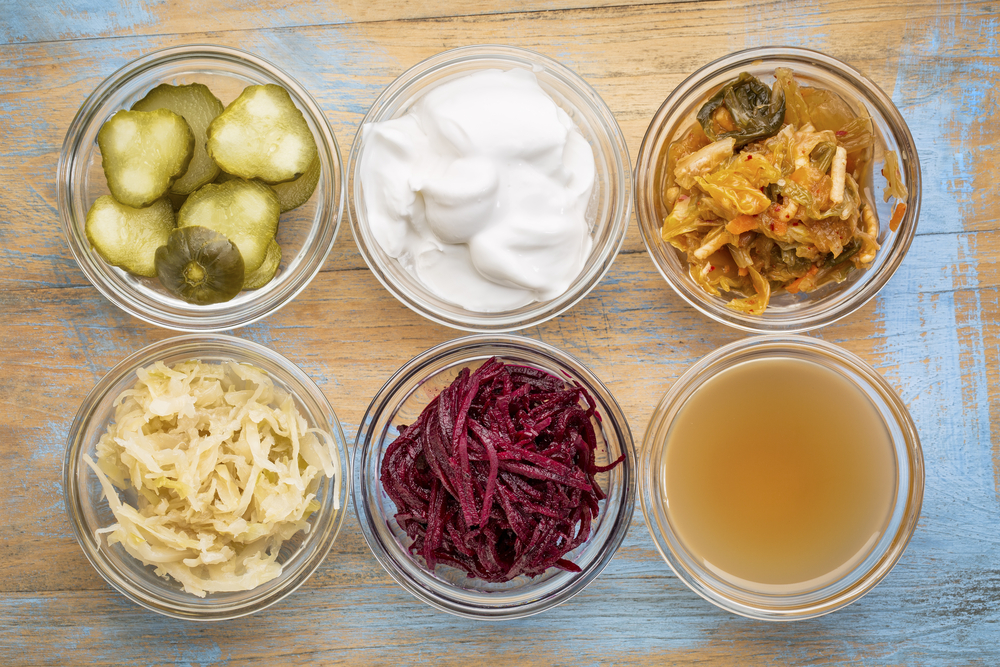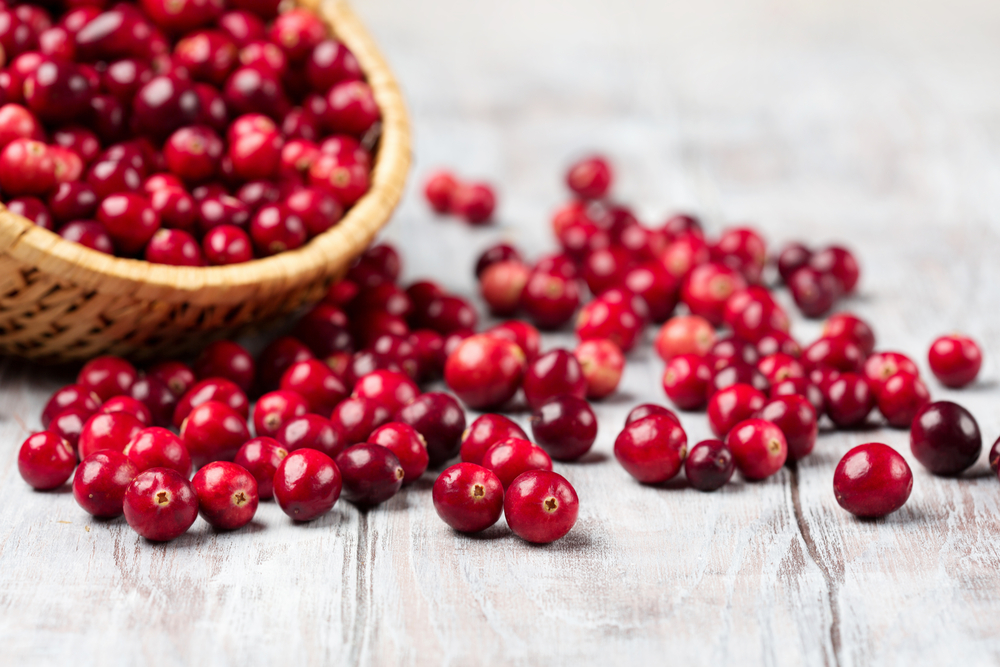Eating probiotic-rich foods may prevent sarcopenia

A recent study[1] published in the journal Clinical Nutrition found that eating a diet rich in live microbes, found in fermented foods, natural yoghurt, kefir and raw fruits and vegetables, reduced the risk of sarcopenia as people age.
Sarcopenia is a disease that causes muscle wastage and loss, and is debilitating, particularly in older people, although it may start in younger years. Risk factors for sarcopenia include poor nutrition, smoking, diabetes, and lack of physical activity.
The large study analysed 5,368 participants from the National Health and Nutrition Examination Survey (NHANES) which found a significantly reduced risk for sarcopenia when other confounding factors were considered. However, this protective effect was not found in diabetic patients. This may be associated with their already altered gut microbiome.
As always, more research will be needed, but the study does help to confirm the unequivocal relationship between gut health and overall health. The gut is home to trillions of live microbes, otherwise referred to as probiotics, that work really hard in so many different health areas in the body. Extensive research confirms that an imbalanced gut microbiome can lead to many negative health outcomes.
Daily supplementation with omega-3s may reduce aggression in adults and children

The brain is made up of 60% fat, much of which is the essential omega-3s. It’s no wonder, therefore, they play such a key role in brain health. A recent meta-analysis[2] of 29 randomised-controlled trials, from 4,000 participants over 28 years, found that omega-3 supplementation in both adults and children, moderately reduced reactive and proactive forms of aggression in the short term. The authors acknowledged that the effect applies broadly across a variety of populations, ages, and gender.
Two of the most important omega-3 fatty acids are DHA and EPA, both essential for neurodevelopment. DHA is especially abundant in brain cell membranes, providing a significant impact on brain neurotransmitter functions. Deficiencies of either of these omega-3 fats are known to affect both the serotonin and dopamine pathways in the brain, which are directly related to mood and behaviour.
Since omega-3 fats are not easy to obtain in the diet (they are primarily found in nuts and seeds, certain types of eggs and oily fish) supplementation is an easy, cost-effective and safe way of obtaining them.
Cranberry supplements are more effective for UTIs than D-mannose

Both cranberry and D-mannose supplements are used effectively in cases of UTIs. However, a recent study published in The Journal of Dietary Supplements[3] found that cranberry fruit juice dry extract considerably reduced adhesion to the gut wall of the bacteria E.coli known to cause bladder infections. The researchers acknowledged that it was important that the cranberry supplement had a standardised amount of 36mg of proanthocyanins to achieve this effect.
D-mannose is a sugar part of normal human metabolism found in most diets which has been widely and positively researched at helping prevent UTIs, some of which have been refuted in this study, although research is ongoing. The positive effects from cranberry are obtained primarily from higher potency supplements, as opposed to cranberry in drink form.
[1] Kemin Yan et al. Higher dietary live microbe intake is associated with a lower risk of sarcopenia. Clinical Nutrition Volume 43, Issue 7, P1675-1682, July 2024.
[2] A Rain et al. Omega-3 supplementation reduces aggressive behaviour. A meta-analytic review of randomized controlled trials. Volume 78, 101956. Source Aggression and Violent Behaviour
[3] Amy B Howell et al. Differences in P-Type and Type 1 Uropathogenic Escherichia coli Urinary Anti-Adhesion Activity of Cranberry Fruit Juice Dry Extract Product and D-Mannose Dietary Supplement. Journal of Dietary Supplements. Published online 28 May 2024























Add comment